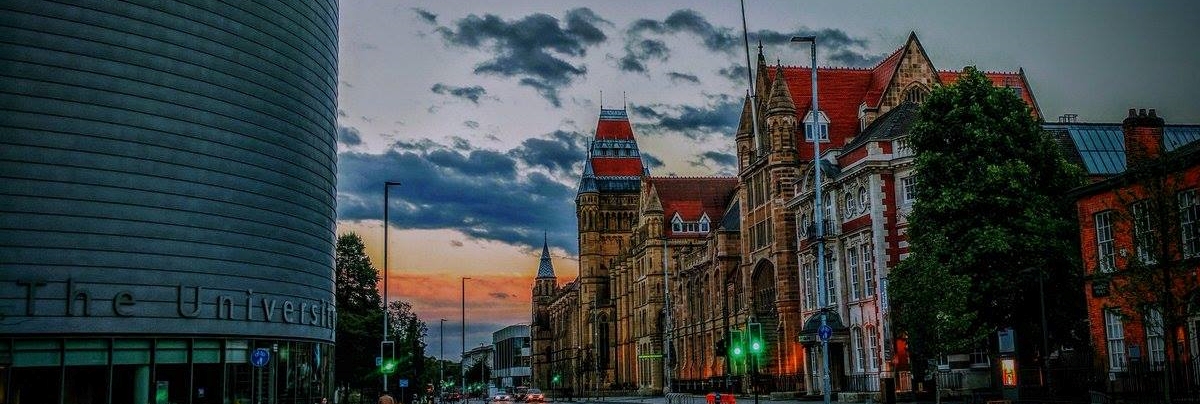
The Unbearable Heaviness of the Family: A Political and Philosophical Analysis
Anna Smajdor (Oslo University); Daniela Cutas (Lund University)
Arthur Lewis Building: Room 4.050
The family has been described as ‘the microcosm’ or the ´basic unit´ of society. It is widely thought of as having special moral and political status. The family can function as an interface between the individual and the state. As such, it mediates, amplifies or deflects external demands on its members. The family as an entity in its own right also generates demands on its members; in turn these are mediated by the broader society and, where relevant, medical and legal authorities.
Among the demands generated within families are those associated with family-building itself: reproduction. Paradigmatically, reproduction takes place within the family’s boundaries, with minimal state mediation. But increasingly, medical technologies facilitate new reproductive possibilities between family members that call into question the nature and structure of the family, and the obligations and entitlements associated with reproduction within families. Some examples of these interventions include collection of gametes from a dead spouse; collection of reproductive tissue from young children; donation of wombs from mother to daughter; posthumous use of reproductive tissue to create grandchildren on behalf of parents whose adult children have died.
In many of these cases where the patient is too young, or has lost capacity, or is deceased, consent cannot be obtained. Despite this, there is an implicit expectation that the intra-familial nature of such interventions provides a justification for often highly invasive medical procedures. Accordingly, new pressures are brought to bear on the political and medical systems that regulate these interventions. However, the understanding of family in this context is problematic. Some family relationships appear to be specially privileged in terms of conferring a right to the reproductive tissues/functions of others. Conversely, other family ties appear to create expectations to provide reproductive services or tissues. These implied rights and obligations are not always consistently enforced, largely because they remain implicit. The ways in which the family is defined and treated legally, medically and socially all have an important bearing on these issues. This requires a close analysis of the political and philosophical nature of family ties.
The family is a complex entity, engaging biological, legal and social links. Typically, family members are regarded as having special duties towards one another; and the family as an entity is regarded as having special protection by the state. However, the nature and scope of these duties, and the degree to which the state should protect the family qua family, in addition to or as opposed to its individual members, remains undertheorised, both in the context of reproduction, and in many other areas. Our workshop will address this gap.
|
|
|
|
9:30-11:30 |
Session 2 Anna Smajdor & Daniela Cutas: The ethics of intrafamilial reproduction Lucy Frith: What obligations, if any, and what type of obligations do gamete donor relatives have towards each other? |
|
11:30-12:00 |
Tea and Coffee Break (optional) |
|
12:00-13:00 |
Session 2 (continued) Francesca Miccoli: Exploring parenthood: Care-based perspectives and gender equality in the context of multi-parenthood |
|
13:00-14:00 |
Lunch |
|
14:00-16:00 |
Session 3 Andrea Lidia Villalba Cuesta: Navigating grief: The symbolic value of posthumous grandparenthood Maurizio Balistreri: Germinal cells as a family asset: Exploring posthumous reproduction |
|
16:00-16:30 |
Tea and Coffee Break (optional) |
|
16:30-17:30 |
Session 3 (continued) Gideon Calder and Matteo Bonotti: Families, children’s well-being and opportunity pluralism |
|
|
|
|
9:30-11:30 |
Session 4 Camille Collin: The family as bearers of the burden of the dead Yotam Benziman: Siblinghood: An ethical perspective |
|
11:30-12:00 |
Tea and Coffee Break (optional) |
|
12:00-13:00 |
Session 4 (continued) Herjeet K. Marway: Surrogacy and the family: what does a decolonial approach to both demand? |
|
13:00-14:00 |
Lunch |
